
NICABM – Mindfulness Series 2013
Salepage : NICABM – Mindfulness Series 2013
Arichive : NICABM – Mindfulness Series 2013
More than Healing . . . Mindfulness Can Transform the Lives of Your Clients, and Change the Way You Practice
Now You Can Reduce Symptoms, Shorten Treatment,
and See a Powerful Difference in Your Patients’ Lives
Register Here for Only $397
and get the video, audio, transcript, TalkBack, Next Week
in Your Practice, and QuickStart Guide
SIGN ME UP
12 CE/CME Credits or Clock Hours are available for purchase at checkout.
Click HERE to get information about CE/CME credits and clock hours as well as speaker disclosures
6 Part Webinar Series
The Neurobiology of Mindfulness: How Being Present Can Change the Brain
Dan Siegel, MD
Executive Director of the Mindsight Institute, Co-Director of UCLA’s Mindful Awareness Research Center, Author of The Whole-Brain Child
- How Mindfulness Affects the Brain
- Mindfulness and DNA: How Mindfulness Can Raise Telomerase Levels and Change Chromosomes
- What it Means to be Present
- Learning to Become Mindful: Turning a Mindful State Into a Mindful Trait
- Why What You Do With Your Mind Changes the Structure of Your Brain
- The Power of Presence to Create Health and Happiness
- How Mindfulness Improves the Integrative Capacity of the Brain
- Meditation and Mind-Wandering
Shifting Focus Through Mindfulness: How to Grow Love and Compassion out of the Seeds of Suffering
Jack Kornfield, PhD
Leading Buddhist teacher in the US, Founding Teacher of Insight Meditation Society and Spirit Rock, Author of Bringing Home the Dharma and The Wise Heart
- How Mindfulness Training Changes Healing
- Why Over-Identifying With a Role Can Cause Tremendous Suffering
- How to Use Mindfulness and Loving Awareness to Become Free of the Past
- Thinking “Skillfully”: How to Apply Mindfulness to Solve Conflict
- Mindfulness Strategies for Overcoming Feelings of Unworthiness, Shame and Guilt
- Why We Must Bring a Quality of Beginner’s Mind to Our Work
Mindfulness and the Gateways to Refuge: Finding the True Self
Tara Brach, PhD
Psychotherapist, Founder of Insight Meditation Community of Washington, DC, Author of Radical Acceptance and True Refuge: Finding Peace & Freedom in Your Own Awakened Heart
- The One Key Thing a Practitioner Must Do to Help Clients Return to Their True Self
- How Mindfulness Can Help Us Minimize Reactivity in Our Lives
- Why False Refuges Look So Enticing
- Four Subtle False Refuges That Are Difficult to Recognize
- How to Find the Aliveness and Tenderness That is in the Present Moment
- The Sacred Art of Pausing
- The Importance of Recognizing That Beliefs Are Real but Not True
- Why Mindfulness is the Best Strategy for Coming Back to Wholeness
How to Help People Connect to Loving Awareness: Expanding Our Capacity to Give and Receive Unconditional Love
Ram Dass, PhD
Author of Still Here and beloved spiritual teacher
- Why it is So Difficult to Give and Receive Unconditional Love
- Using Mindfulness to Disassociate From “Roles” and Improve Healing
- Why Health Problems Can Sharpen Attunement
- How to Love Even the People You Dislike
- How to Help Patients Overcome the Fear of Growing Old
- Why Mindful Living is Preparation for Dying
Dialectical Behavior Therapy – A New Approach to Treating Distressing Emotions
Marsha Linehan, PhD
Pioneer in somatic psychology, Author of Skills Training Manual for Treating Borderline Personality Disorder
- Why Focusing on Change Can Be Ineffective in Treating Borderline Personality Disorder
- Mindfulness Practices for Tolerating Distress and Difficult Moments
- The Three Essential Skills of Dialectical Behavior Therapy
- Why Dialectical Behavior Therapy is So Effective in Combating Thoughts of Suicide
- Dialectical Behavior Therapy and Obesity – Treating the Behavior, Not the Biology
Deconstructing Death: Using Mindfulness to Manage Life’s Ultimate Transition
Joan Halifax, PhD
Author of Being with Dying: Cultivating Compassion and Fearlessness in the Presence of Death
- GRACE – How Practitioners Can Cultivate Compassion
- Why Practitioners Need to Regulate Their Own Response to Suffering in Order to Help Their Patients
- An Exercise in Becoming Grounded: How to Prime Attention, Equanimity, and Strength
- Why a “Perfect Death” is Unrealistic
- Healing Fictions: What They Are and How They Structure Lives and Affect Treatment
- The Art of Sitting With Not Knowing
- Looking Past Our Biases to Serve With Openness
TalkBack segment
Ruth Buczynski, PhD, Ronald Siegel, PsyD, and Ruth Lanius MD, PhD
At the end of each of the six sessions, I’ll be talking with Joan Borysenko, PhD, and Ronald Siegel, PsyD, in what has become known as the TalkBack Segment.
For many participants this has become a favorite segment in the webinar.
The entire goal of this section is to focus your attention on how to apply what you’ve just heard to your clinical setting.
This is where you’ll get even more ways to use ideas from this comprehensive training program in your work.
What is Hypnosis & NLP ?
Neuro-linguistic programming (NLP) is a pseudoscientific approach to communication, personal development, and psychotherapy created by Richard Bandler and John Grinder in California, United States, in the 1970s. NLP’s creators claim there is a connection between neurological processes (neuro-), language (linguistic) and behavioral patterns learned through experience (programming), and that these can be changed to achieve specific goals in life. Bandler and Grinder also claim that NLP methodology can “model” the skills of exceptional people, allowing anyone to acquire those skills. They claim as well that, often in a single session, NLP can treat problems such as phobias, depression, tic disorders, psychosomatic illnesses, near-sightedness, allergy, the common cold, and learning disorders. NLP has been adopted by some hypnotherapists and also by companies that run seminars marketed as leadership training to businesses and government agencies.
There is no scientific evidence supporting the claims made by NLP advocates, and it has been discredited as a pseudoscience. Scientific reviews state that NLP is based on outdated metaphors of how the brain works that are inconsistent with current neurological theory and contain numerous factual errors. Reviews also found that all[dubious ] of the supportive research on NLP contained significant methodological flaws and that there were three times as many studies of a much higher quality that failed to reproduce the “extraordinary claims” made by Bandler, Grinder, and other NLP practitioners.
NICABM – Mindfulness Series 2013
Readmore About : NICABM





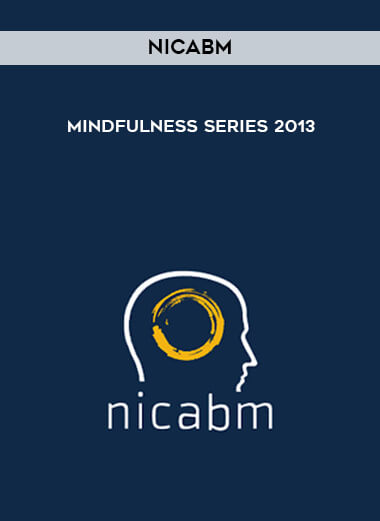


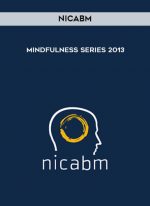





![Actioncoach.Kajab - Brad Sugars Profit Masters [Billionaire in Training] download](https://ivseed.info/wp-content/uploads/2022/03/zz.jpg)


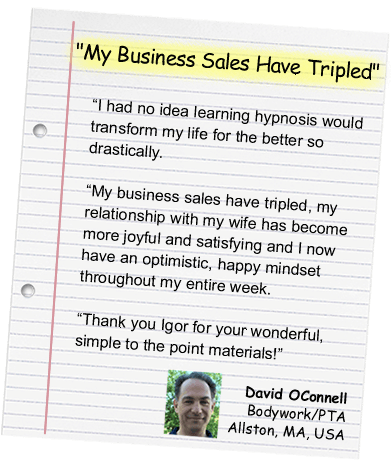

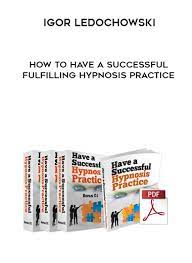



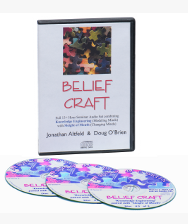
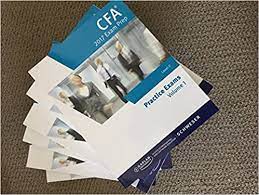














Reviews
There are no reviews yet.